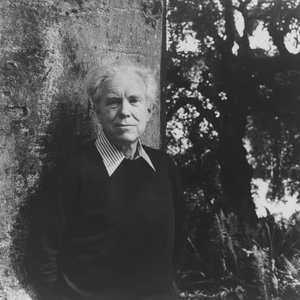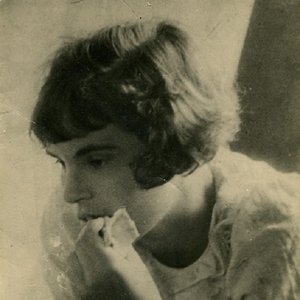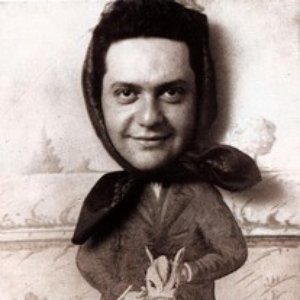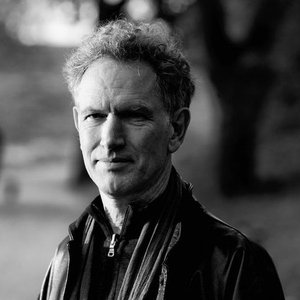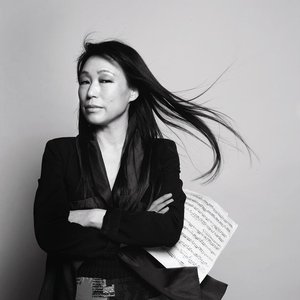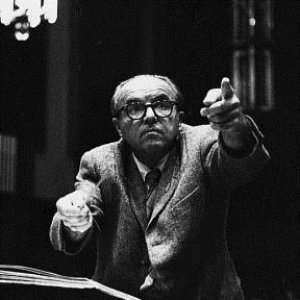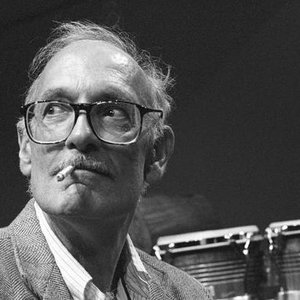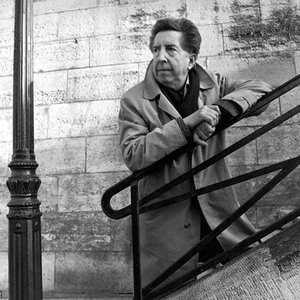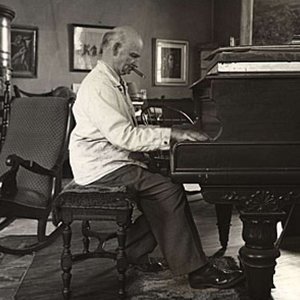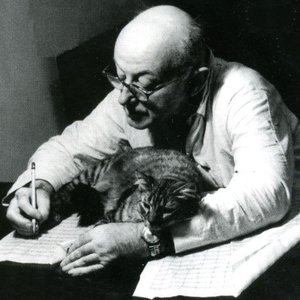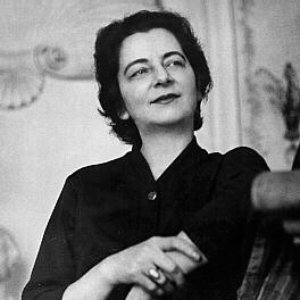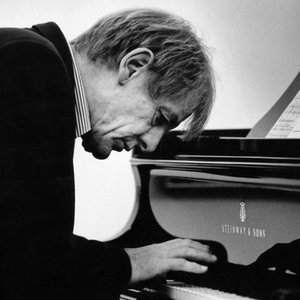Biography
-
Born
3 July 1901
-
Born In
East Liverpool, Columbiana County, Ohio, United States
-
Died
18 November 1953 (aged 52)
Ruth Crawford Seeger (1901 - 1953), born Ruth Porter Crawford, was a modernist composer. In the twenties and early thirties, Crawford Seeger wrote atonal works influenced by Alexander Scriabin. These works favored dissonance and post-tonal harmonies; they also utilized irregular rhythms and meters.
Her technique may have been influenced by the music of Schoenberg, although they met only briefly during her studies in Germany. She was encouraged and guided by her teacher-then-husband Charles Seeger's dissonant counterpoint, as well—and also developed her own methods of composing.
She studied piano with her mother and Djane Lavoie Herz, composition with Adolf Weidig and, beginning in 1929, with Charles Seeger. She also studied in Berlin in 1930 through the first Guggenheim Fellowship in composition given to a woman. (Hisama 2001, p.3).
She married Charles Seeger in 1932. After embracing leftist communist-like politics during the great depression she turned her attentions to ethnomusicology and transcribing folk songs for John and Alan Lomax, and raising her children, including Michael Seeger, Peggy Seeger, Barbara, Penny, and stepson Pete Seeger, while writing works inspired by or harmonizing folk songs and teaching piano lessons and at Barbara's school. Her family moved to Washington, D.C. in 1936 and she began work for the Library of Congress, transcribing for Our Singing Country and Folk Song USA by John and Alan Lomax. Her own book, American Folk Songs for Children, was published in 1948.
She briefly returned to her modernist roots in early 1952 with Suite for Wind Quintet, shortly before her death caused by cancer
Her compositions include her String Quartet (1931), part of which was later orchestrated as Andante, for string orchestra, Two Ricercari with text by H. T. Tsiang ("Sacco, Vanzetti" and "Chinaman, Laundryman"), and settings of poems by Carl Sandburg, who originally introduced her to folk songs.
Artist descriptions on Last.fm are editable by everyone. Feel free to contribute!
All user-contributed text on this page is available under the Creative Commons Attribution-ShareAlike License; additional terms may apply.

